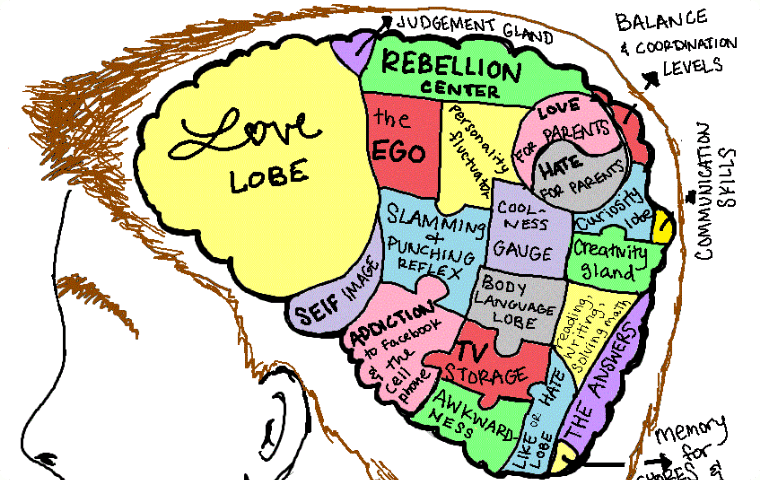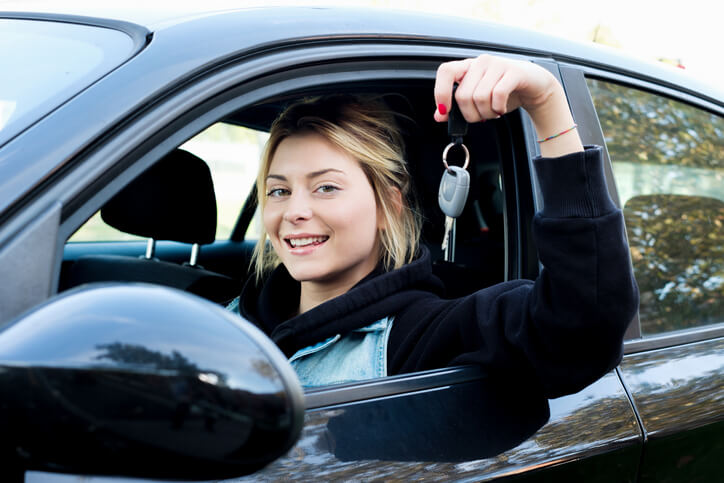Protecting your child has always been your top priority. Whether stopping them from running with scissors or taking that extra second to strap in their car seat nice and tight, you’ve spent their entire life trying to keep them safe.
New drivers are constantly making choices that affect their safety. Choosing to drive under the influence, or ride with a driver that’s been drinking our using drugs, will affect their safety more than any other decision they make.
High Risk Low Reward
Driving under the influence of drugs or alcohol dramatically increases the likelihood of getting into a collision for drivers of any age or experience level, and it’s unbelievably dangerous for an inexperienced teenage driver.
Just how dramatic is this increase in risk? Having an elevated blood alcohol level makes teens over twice as likely to be involved in a collision than drivers older than 25.
That’s with a level under the legal limit. When teenage drivers exceed the legal blood alcohol limit, they’re over 15 times more likely to die in a vehicle collision than if they had not been drinking.
15 times more likely to die is a statistic that no parent wants to hear. Thankfully, there’s a lot you can do to reduce this risk.
What exactly? We’ll look at the science behind parental involvement in intoxicated driving prevention and what you can do to ensure your child always make it home safe and sound.
25% of high school students will ride with an impaired driver
Part Parent, Part Influencer
Parents play a more prominent role than they’re often aware in encouraging their teens to drive safely. Like it or not, when it comes to their choices behind the wheel, you can have a huge impact, and intoxicated driving is no exception.
A nationwide sample of teen drivers showed that supportive parents who actively monitored their teen’s driving habits reduced their child’s likelihood of impaired driving by 71%.
Ask anyone who works in finance, sports, or any industry highly reliant on statistical information. They’ll tell you that a 71% improvement in anything borders on a miraculous result. As a parent, what’s the best way to be a part of that 71% so you can help your teen make safe choices?
Tact and Tactics
Keeping your child safe is your most fundamental role as a parent. Relaying the importance of making intelligent choices when it comes to intoxicated driving can be a delicate matter, so here are some essential tips
- Take an active role: Monitoring your child’s driving habits and behaviors means precisely that. While you can’t be a part of every trip they take or meticulously plan out every aspect of each drive, you can make sure that you stay informed of their choices. From where they’re going, to who they’ll be with and when, your knowledge is power when it comes to providing a positive influence.
- Communication is key:No amount of parent influence and oversight will be effective if you and your teen do not maintain adequate communication. It’s no secret that one’s teenage years can strain the relationship between parent and child. Listen to them without judgement and find ways to keep the dialogue about their choices open. Find ways to keep conversations respectful and productive, especially when discussing intoxicated driving.
- Peers and passengers:Studies confirm that about 25% of high school students will ride with an impaired driver. Whether it’s your child driving under the influence or one of their friends, the outcome for everyone in the vehicle won’t be positive if they are involved in a collision. It doesn’t matter if they’re the ones that have been drinking or if it’s a friend of theirs. Emphasize the importance of making the right choice to not get in the car.
- Judgement-free zone: Caring about your child is a wonderful thing. However, it can be easy for your level of concern to manifest itself as judgment or disrespect — especially in the eyes of your teen. Remember, you were once that age. Even if you were the model of safe driving choices and chose never to experiment with drugs or alcohol, you need to consider that your child may face different situations, pressures, and expectations. Be open and honest with your teen, and you just might be surprised with the openness and honesty you receive in return.
- A solution, not a problem: Once you have established open and honest communication, make sure they know you’re there to help, no matter what. Many teens make increasingly unsafe choices attempting to hide their behavior from their parents. Don’t let this define your relationship with your child. Make sure they understand that your only objective is to get them home safely and establish that you’re willing to do whatever it takes. If that means picking them up in the middle of the night, arranging a ride service, or driving across town in rush hour, make sure they know you’re always there to help. No matter what.
- They should expect expectations: Speaking of consequences, you must establish your expectations clearly and far ahead of any intoxicated driving situation they might find themselves in. Set rules. Set limits. Establish consequences and solutions. A big part of successful parental involvement is setting expectations and enforcing them.
- Know thyself: This step calls for some self-reflection. An underrated aspect of a parent’s influence on their child is the behavior that you’ve modeled for them. A strong predictor of a teen’s likelihood of intoxicated driving is having seen this behavior demonstrated by their parent. Something as simple as having a drink at a restaurant before driving home could have planted a seed of acceptance in your child’s mind. After examining your conduct, have frequent and frank conversations with your teen about when you’ve made the right choice, the wrong choice, and what you could and should, have done differently.
supportive parents who actively monitored their teen's driving habits reduced their child's likelihood of impaired driving by 71%
It can be challenging to have a conversation with your teen about the realities and dangers of intoxicated driving. The data, however, does not lie. It’s a conversation you need to have before they receive an unrestricted license and can drive independently.,
It’s a conversation you need to continue to have as they become more independent. Even if it feels difficult in the moment, your involvement can mean everything for the health and wellbeing of your child.
Liam Hoch researches and writes about safe driving for DriverZ.
Having been a passenger in multiple near-catastrophic vehicle collisions, Liam knows first-hand the dangers of distracted, reckless, and unsafe driving.
Passionate about our core principles of helping to make safer drivers and, ultimately, saving lives, Liam stays at the forefront of driving safety innovation and research.

















